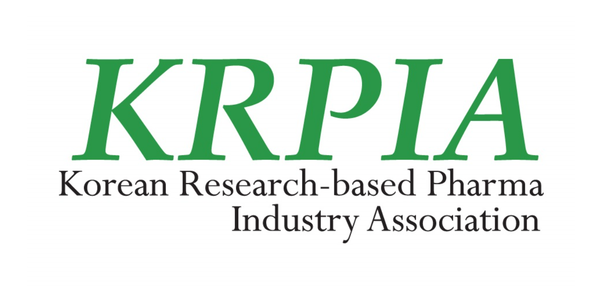Korea Research-based Pharma Industry Association (KRPIA) expressed concerns over the Health Insurance Review Assessment Service’s (HIRA) plan of evaluating a drug’s cost-effectiveness at 80 percent of the lowest drug price in Advanced 7 (A7) countries.
The HIRA’s plan was revealed when it replied to an inquiry by Rep. Kim Mi-ae of the People Power Party, who asked whether the government planned to lower the price criteria in drug cost-effectiveness evaluation.

A7 countries are France, Germany, Italy, Japan, Switzerland, the U.K., and the U.S.
In talks with HIRA, KRPIA has repeatedly expressed its opinion that applying the risk-sharing system of A7 countries should be flexible depending on the characteristics of drugs, the pharma group said.
“Applying 80 percent figure to all drugs collectively with unclear calculation basis could significantly limit access to drugs for patients with rare and serious diseases that are exempted from cost-effectiveness evaluation.”
Under the cost-effectiveness exemption drugs program, the government already put annual limits on the total use in response to the uncertainty of the label price in A7 countries, KRPIA said.
The government is already tightly managing its drug costs because pharmaceutical companies should additionally cut drug prices if drug prices go down in other countries during the follow-up period, the association went on to say.
“If we have to lower drug prices by 20 percent to the 80 percent level of the lowest prices in A7 countries, the cost-effectiveness exemption drugs program will become useless,” the group of multinational drugmakers said.
KRPIA also pointed out that the HIRA’s cost-effectiveness evaluation at 80 percent of the lowest price in A7 countries may breach Korea-U.S. free trade agreement (FTA) and Korea-EU FTA.
If the government applies undisclosed internal standards and changes the evaluation criteria for cost-effectiveness exemption drugs, it could discriminate against other medicines, KRPIA said.
Given that all the cost-effectiveness exception drugs are products of multinational pharmaceutical companies, the HIRA’s move could discriminate against multinational drugmakers, the association noted.
At the HIRA-industry meeting on June 17 and the Ministry of Health and Welfare’s meeting with private companies on July 28, KRPIA consistently argued that applying a specific numerical value in cost-effectiveness evaluation was inappropriate and that the evaluation should be made according to drugs’ characteristics, it said.
Thus, the association will not accept HIRA’s plan, it emphasized.

